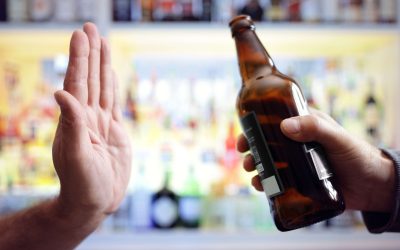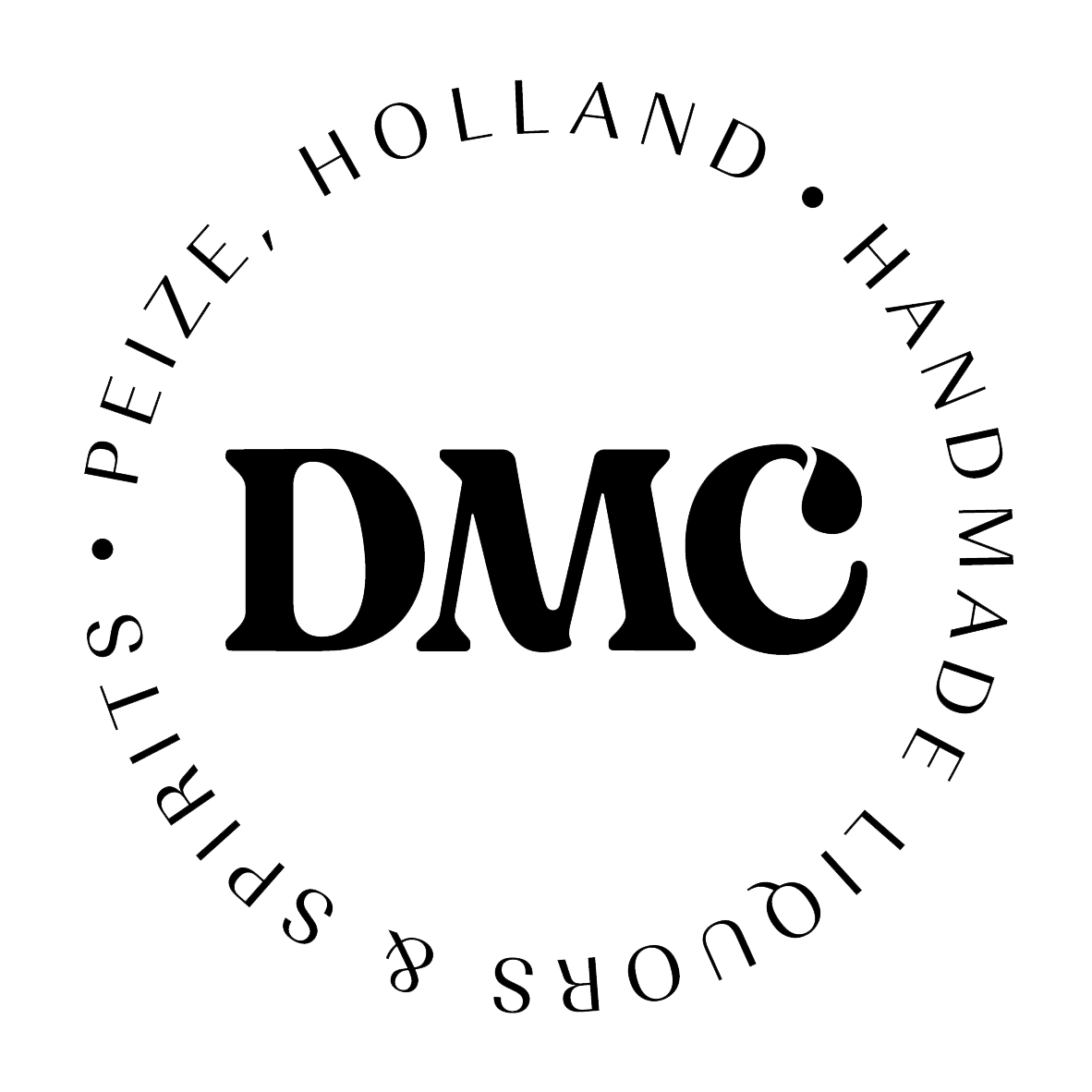Contents
Careers Our team is growing all the time, so we’re always on the lookout for smart people who want to help us reshape the world of scientific publishing. Open Access is an initiative that aims to make scientific research freely available to all. It’s based on principles of adult substance use oxford house collaboration, unobstructed discovery, and, most importantly, scientific progression. As PhD students, we found it difficult to access the research we needed, so we decided to create a new Open Access publisher that levels the playing field for scientists across the world.
What is the best antidepressant for alcoholics?
Paroxetine is the antidepressant for which the most scientific evidence was found for dual anxiety treatment (68–70). Three clinical trials (69–71) found that paroxetine was effective in social anxiety patients with alcohol dependency.
Nerves are important in transporting signals from the brain and spinal cord throughout the body. Drinking alcohol, especially in large amounts, can damage nerves and cause people to feel more pain and tingling. The information provided through should not be used for diagnosing or treating a health problem or disease. If you have or suspect you may have a health problem, you should consult your health care provider.
Dangers of Mixing Antidepressants with Alcohol
Inpatient rehab centers give people access to trained, qualified therapists and a support network. If you are struggling with depression and alcohol abuse, please reach out to an addiction counselor today. If someone is mixing alcohol with antidepressants to get “high,” or experiencing other adverse consequences from combining the two substances, they will need help from a qualified alcohol abuse counselor. When someone engages in risky behavior despite the consequences, it is a sign of an addiction problem. Drinking can prevent antidepressant medications from working correctly.

Venlafaxine and alcohol each have side effects, and these can worsen when you combine them. If you experience some of the side effects of venlafaxine, you may not be able to tolerate the combined impact of alcohol and venlafaxine . Antidepressant drugs commonly treat major depressive disorder and work by adjusting or rebalancing various chemical… Schematic representation relationship between bone mineral density and alcohol intake of the stages of adult hippocampal neurogenesis in the subgranular zone of the dentate gyrus and the main immunolabeling techniques used in the cited studies. Drinking may feel good in the moment, but it only makes the problem of depression worse, especially when you are also on medications. Instead, seek the support of dedicated professionals who know how to help.
Mixing MAOIs With Alcohol Puts You at Risk for Dangerously High Blood Pressure.
Drinking alcohol while taking antidepressants is generally not recommended because both of these substances can make you drowsy, less alert, and uncoordinated. However, since many patients are not willing to give up alcohol completely, it is important to combine alcohol and antidepressants in the safest way possible. Whether you want to discuss side effects of antidepressants or treatment for depression, K Health can help. Did you know you can get affordable primary care with the K Health app?
However, the risk goes up when they are taken together — especially if you have multiple drinks at a time. People with an untreated substance abuse disorder or depression that is not responding to medication are at high risk of abusing alcohol and their prescription medications. Drinking alcohol while taking antidepressants because you feel more depressed and anxious could mean you are becoming dependent on alcohol. Withdrawal symptoms such as nausea, vomiting, muscle tremors, headache, and aching joints are signs of a possible, growing alcohol dependence that demands medical treatment as soon as possible. In addition, alcohol directly counteracts what SSRIs are formulated to do–moderate brain chemistry to make you feel better.
3 Hippocampal neurogenesis deterioration contributes to the risk of alcohol relapse
SSRIs work by blocking the absorption of serotonin in the brain, which allows messages to be more freely sent and received throughout the brain. When combined with certain types of alcoholic beverages and foods, antidepressants called monoamine oxidase inhibitors can cause a dangerous spike drinking a little alcohol early in pregnancy may be okay in blood pressure. If you take an MAOI, be sure you know what’s safe to eat and drink, and which alcoholic beverages are likely to cause a reaction. Alcohol decreases venlafaxine’s effectiveness in treating your symptoms, potentially worsening your mental health or preventing improvement.

Since risks vary among people, you should thoroughly discuss with your provider before drinking alcohol with your antidepressants. Over 10% of adults in the United States report taking antidepressant medications. And people taking them often ask if they can be safely combined with alcohol. But there are a few things to keep in mind before mixing the two together. Drinking alcohol with antidepressants can be more dangerous for certain people.
Talk to a Doctor for Tips to Manage Antidepressant Side Effects
You may feel intense anxiety, paranoia, deep sadness, and extreme mood swings . You may want to seek medical advice about lowering your dose or changing your medication if you have persistent side effects of venlafaxine. Some side effects that are more likely to be ongoing include loss of libido, erectile dysfunction, or an inability to orgasm. One of the most direct methodological limitations when comparing clinical and preclinical studies is determined by the period in which the AD treatment begins. Preclinical studies would indicate that animals can display different affective responses to ADs according to the moment it is administered. In addition, AD cessation could have negative repercussions in alcohol consumption and relapse.
Can you skip a day of antidepressants to drink?
It's important not to skip a dose of an antidepressant so that you can drink alcohol. Missing doses of antidepressants like Zoloft can cause withdrawal symptoms, which can include: Dizziness. Headache.
Because of this, it’s best to talk to your provider about when it’s safe to have a drink after you’re no longer taking your medication. As with most medications, you may experience some side effects while taking them. However, some of the medication’s side effects may get worse if you are taking them with alcohol. Alcohol acts as a depressant on the brain, and it can worsen mood and elevate feelings of anxiety. It can also make it more difficult for you to get a good night’s sleep, which may worsen depressive feelings.
Taking antidepressants with alcohol can intensify certain effects that can be caused by both the medication and alcohol. It is common for people with alcohol dependence to also have depression. Research shows adolescents and young adults in the United States experience depression symptoms at a higher rate than other age groups, people at any age can get depression. These common side effects are typically mild and go away after a few weeks.
Comparing Vyvanse alternatives: which other ADHD medications can I take?
Meta-analysis and reviews that integrate results of clinical studies in which patients with AUD and depression were treated with ADs show drug-dependent and inconclusive results. Some findings showed that SSRIs adequately treat depressive symptomatology in individuals with AUD and depression , while others showed that SSRIs were not more effective than placebo in treating comorbid patients . In relation, it has also been seen that SSRIs would not show greater effects than TCAs .
Is a bottle of wine a day too much?
Drinking a bottle of wine per day is not considered healthy by most standards. However, when does it morph from a regular, innocent occurrence into alcohol use disorder (AUD) or alcoholism? First, it's important to note that building tolerance in order to drink an entire bottle of wine is a definitive red flag.
People with depression and anxiety have lower than normal levels of serotonin in their brain. SSRIs effectively raise serotonin to improve mood and relieve depression. SNRIs are frequently tried if SSRIs fail to provide relief from depression symptoms. Potential complications when used with alcohol are similar to those with SSRIs, but at least one SNRI, Cymbalta, candamage the liver. It should not be used with alcohol, especially in people who drink heavily or already have liver damage. As previously mentioned, MAOIs are another group of antidepressants that can be dangerous when mixed with alcohol.
It may also be important to periodically check your overall health if you’re taking prescription medication long-term, especially if you drink alcohol. In particular, you may need to check your liver and kidney health every so often. The same is true for many prescriptions, even rounds of certain antibiotics. NASSAs are also unlikely to cause serious threats to your health when combined with alcohol, though drowsiness, sedation, and an increase of symptoms of depression are concerns. MAOIs were one of the most commonly prescribed antidepressants before SSRIs and SNRIs were introduced to the market, and they offered fewer side effects. MAOIs work by restricting the action of monoamine oxidase, which is responsible for breaking down neurotransmitters like serotonin.
How to fight depression: 12 ways to cope
Numerous animal studies have led to suggest that low neurogenic states could regulate the addictive behavior, assuming a factor of addiction or comorbid vulnerability . Among the studies cited that assessed HN parameters, only one study analyzed the levels of alcohol consumption after the period of abstinence. Some results from suggest that the observed reactive HN effect does not have an implication in recovery. On the contrary, animals that showed this reactive effect and lower levels of survival of newly generated neurons ended up showing higher alcohol consumption during relapse. Results from clinical studies underline the need to understand possible underlying factors that contribute to the mutual negative influence of both pathologies. In this sense, animal models of AUD and depression offer the possibility of elucidating potential factors involved in the development of dual disorders .
- Scientists believe this interaction helps to restore proper balance in the brain and can help to alleviate symptoms of depression.
- Rhabdomyolysis is generally recognized as a serious condition due to sarcolemma damage with release of creatine kinase and myoglobin .
- The more alcohol is consumed the greater the combined impact with the antidepressants will be, triggering severe drowsiness and sedation.
- Preclinical data concerning the effectiveness of pharmacological treatments in AUDs is still scarce .
SSRIs induced alcoholism is likely to be relatively common but reported as being rare. This is due to under diagnosis and treatment due to assumptions of those who are considered depressed having an increased risk of developing an addiction to alcohol as a form of a coping mechanism. The combination of alcohol and antidepressants can be very challenging if someone is drinking, binge drinking, heavy drinking, or has an alcohol use disorder prior to taking the antidepressants.



